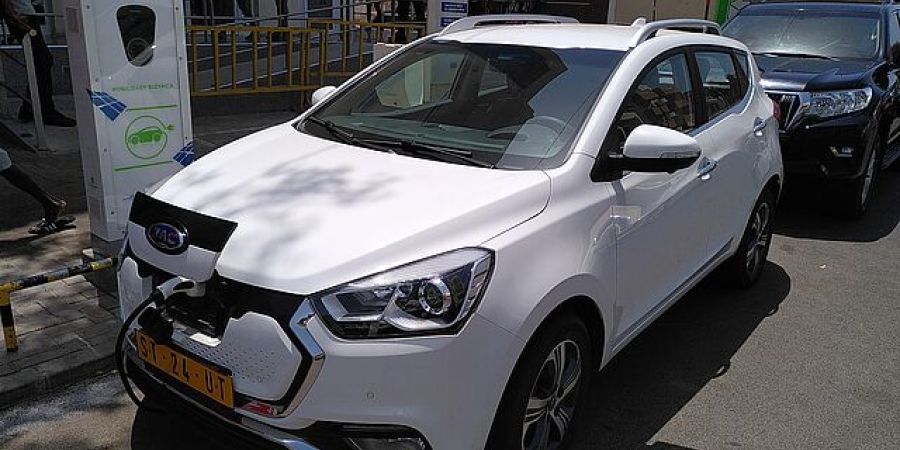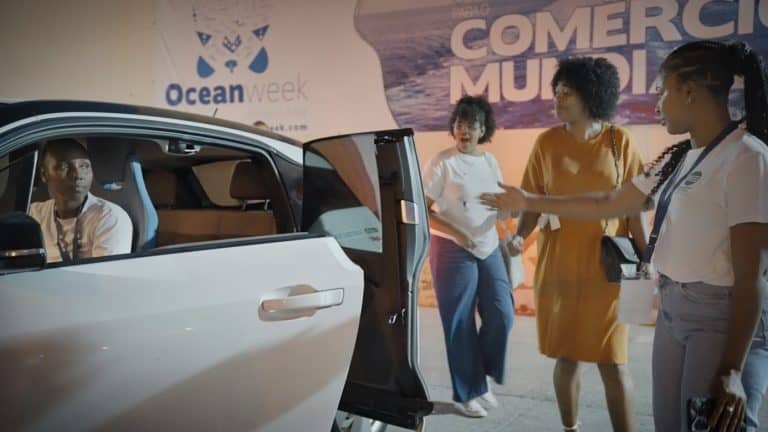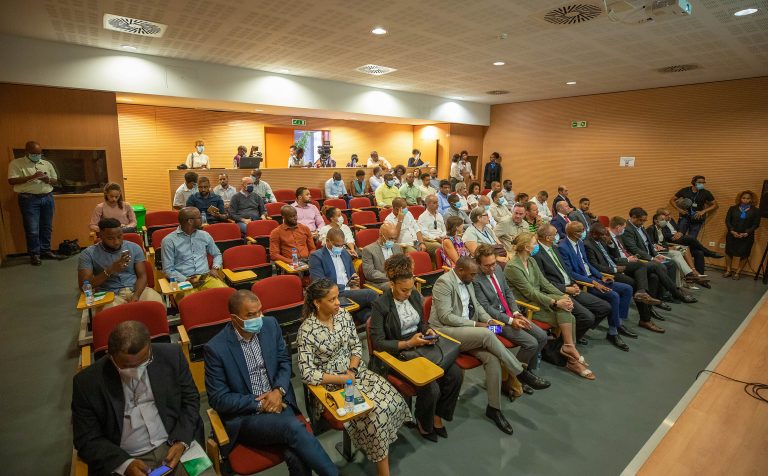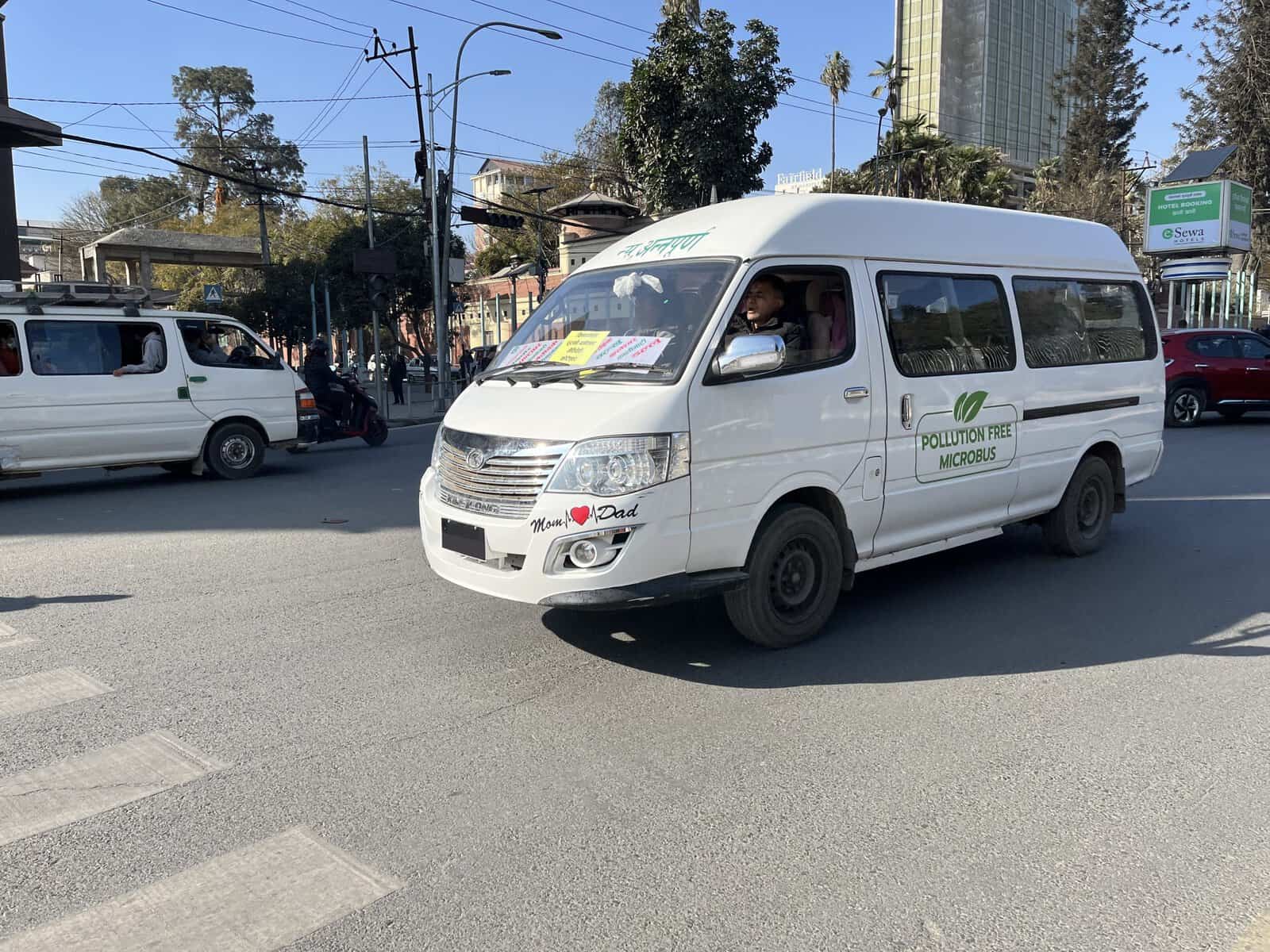
Background: Only three out of 10 households in Cabo Verde own a private car. However, due to the country’s improving economic situation and an increasing demand for individual transport, it is expected that the motorisation level will steadily rise in the coming years. Cabo Verde’s government has identified the promotion of electric vehicles as a strategy for reducing road transport-related greenhouse gas emissions as well as increasing the share of renewable energy in the energy mix, from 20 percent at present to 100 percent by 2040.
Approach to Transformational Change: The project “Promotion of Electric Mobility in Cabo Verde (ProMEC)”, or “Cabo Verde – Electric Vehicles” for short, will support the government in further developing and implementing its strategy for the promotion of electric vehicles in order to reach a significant market share of total vehicle purchases. By the end of the project, the intention is to have 4.3 percent of newly registered light-duty vehicles and 10 percent of new public administration vehicle procurement be electric. The project will support and provide incentives for the acquisition of 600 electric vehicles, the installation of network of 40 commercial and 55 private EV charging stations and the implementation of five e-bus demonstration projects.
In order to address one of the main the financial barriers, specifically the high cost of electric vehicles, the project will establish an Electric Mobility Facility (EMF). The EMF will provide a rebate covering a significant share of the incremental cost of electric cars and buses to first-mover individuals, companies and institutions. Given the small size of the national market, this is expected to have a strong demonstration effect and spur interest in electric mobility uptake. It is also expected that the market share of electric vehicles will continue to grow after the end of the project. It is expected that in return the project would leverage EUR 5.4 million from the public sector and EUR 12.3 million from the private sector.
The financial component will be complemented by the creation of a legal and regulatory framework for electric mobility, raise awareness among the general public, introduce training opportunities for mechanics and create an MRV system for road transport-related GHG emissions. With these combined measures, Cabo Verde will evolve to be a model for electric mobility transformation in West Africa and across the wider small island developing state (SIDS) context.
Mitigation potential: The project estimates to directly avoid 19,890 tCO2 and 401,000 tCO2 over the lifetime of the technology.
Visit the project’s official website [available in Portuguese] to learn more about it.








